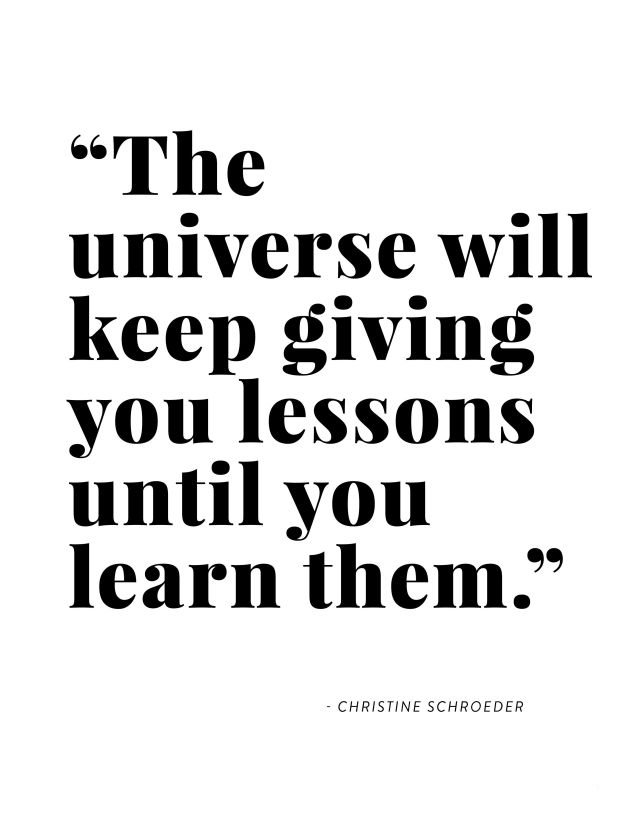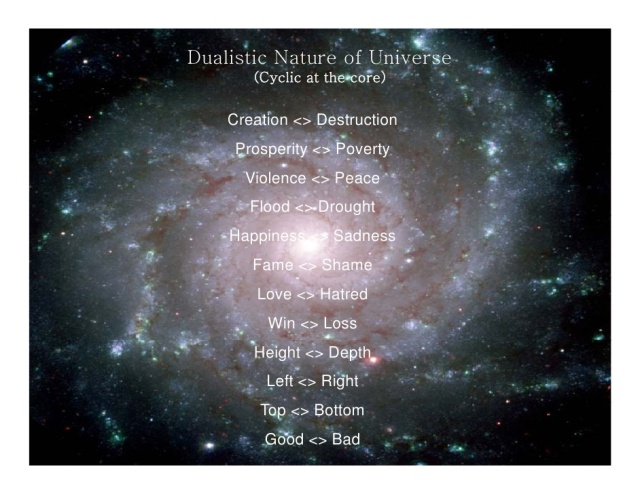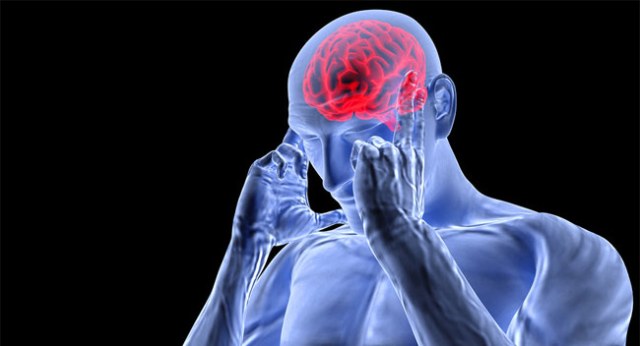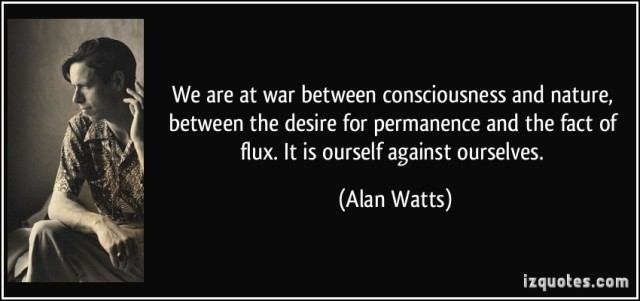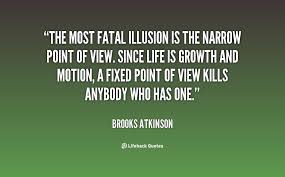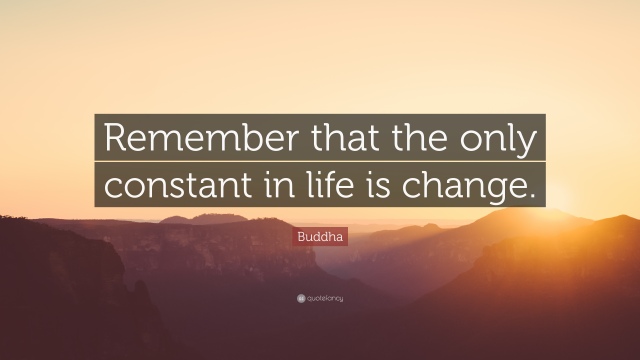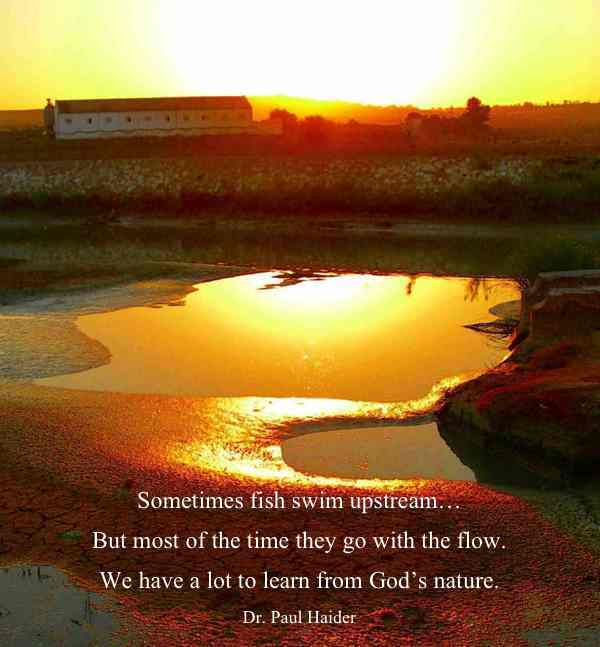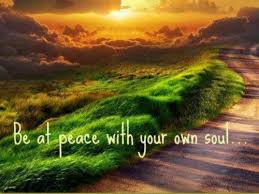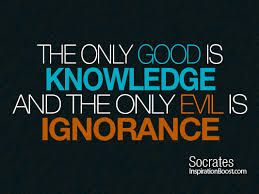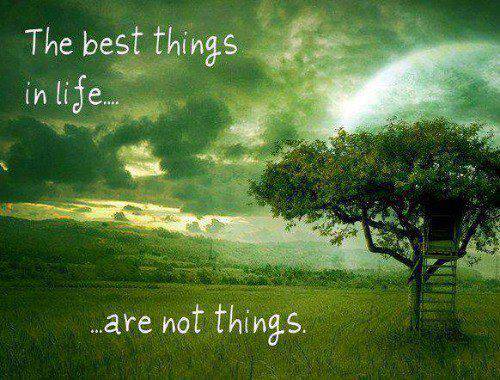Strong governments usually result in weak people. The more completely a central administration takes over the powers of a people, the more rapidly people become dependent not only upon the strength of the government, but upon its endurance.
The more we fortify ourselves, the more we struggle for permanence. We struggle to create a situation that we can depend upon. As individuals, in our weakness, we wish for strong defenses around ourselves, they make us feel secure, but these defenses always crumble.
When we are able to build strong defenses, usually the result is that we created fortified cities and towns. But, these towns do not move. Perhaps they remain at the center of a great culture for a time but finally, they become only ruins on the outskirts of some forgotten way of life. Wherever we build a great fixed structure, we ultimately regret it, and the institution we fashion finally turns upon itself and is destroyed.
This happens because the moment we place our lives into the keeping of a fixed system our destiny rests with that system. Whatever agitates it, must agitate us; whatever invades it, must invade us; whatever seeks to over throw it, seeks to overthrow us. Thus we become bound into a system, and this, not being easily changeable and arriving finally at a state of crystallization, ultimately becomes a source of difficulty, not strength.

The ultimate unit of government is personified by the family, or even the individual, this means the family requires autonomy. It needs to be a unit composed of people working out their own salvation. A family can not be captured in mass psychology by which individual judgment is gradually destroyed.
We know that there are always countless people capable of living better than the groups to which they belong. An individual with a high code of morality, a high concept of ethics and a deep realization of human values, is really capable of a life superior to the general run of his own generation.
Yet by circumstances, this person commits themself to their generation. They find that their virtues come into conflict with popular vices. They discover that they are out of step with prevailing fashions. They suddenly realize that in order to be admired, respected, and successful in a certain generation, they must live according to the code of that generation, and not according to the inner code of their own convictions.

And as soon as we begin to compromise what we know to be right, we begin to destroy our own peace of mind. Our conscience does not approve of what we are doing, but we have put ourselves into a situation where we find it very difficult to escape the pressures, which cause us to do these things that we really do not want to do. Little by little, habit, association, and pressure, working upon us destroy our own individuality. Gradually, we become a creature of compromise.
We relax, we give up; we assume that it is not possible to battle against the pressures of circumstance. Thus, in time, we become one of the offending, although in the beginning we were among those of the offended. The only rewards for doing things badly are rewards of pain, misery and suffering.
There is only one way to counteract this kind of attitude, and that is for a person to come to know that regardless of circumstances, they are still an individual; that their own attitudes and convictions are important; that it is not necessary for any one to be forced into a condition unreasonable to them. They do not have to compromise.
If we take a look around today, we can observe a world that is confused and miserable. All over the world, human beings are suffering. They are suffering because they are following patterns, moving with mass emotions, and accepting as inevitable the negative forces operating in society.

If we wish to be like other people, if we wish to reduce our integrities to match the patterns of our day, then we must be willing to face the inevitable results. If we live like other people, we will perhaps receive their approval for being stylish, but we will also be forced to accept their miseries. We will make the same mistakes that they make and suffer the same pain. So we can wither choose to live better than other people, and enjoy greater values, or to live like them, and suffer as they do.
Nature does not provide a series of exceptions for this rule!
It doesn’t matter how involved we work ourselves into the cultural patterns of our time, each individual is actually always a separate person. We are always alone as far as our own existence is concerned. Our contact with all other human beings is comparatively superficial no matter how intensely we attempt to strengthen these contacts.
Even our associations with those we love are essentially associations with a stranger. Each of us has our own purpose and our own values. Each of us is forever and individual – one against the many.
Therefore, we are each only capable of knowing ourselves. We can have intellectual concepts about others, but we must always interpret them in terms of our understanding of ourselves. We know our self; we think about other people. This thinking about others can, of course, be valuable, and highly commendable, but it can also lead to a series of desperate situations.

To avoid this we need to accept ourselves for what we are – travelers in a distant land. We are not actually citizens of the state in which we live. Physically, we may be citizens; but morally and spiritually we are living beings – part of a living universe.
Our roots are in space and eternity, not in the earth and time. Our mind, the subtler parts of our own imaginations, break through the boundaries of physical things. We are in the physical world, but we are definitely not of it.
That means we are in this world for some reason. We are here for a purpose that rests in the consciousness of the Cause of things. We cannot dogmatize the reason for existence – we can only speculate; but we do however, have powerful intuitions about it.
The wisest and best of people, since the dawn of time, have assumed that we are here to learn something, to grow; that we are here to pass a test, or an examination, relating to universal citizenship.

Yet, here we are, building businesses as though we are going to live forever. This is our problem. We build here as though we are going to stay here. We are fanatically addicted to our immediate situation – if our hearts, minds, and labors are all dedicated to today or the plan of tomorrow, our entire consciousness is invested in the development of some material enterprise – we simply lock ourselves into a situation for which we were not originally intended.
Unless we rebel against this, or clear ourselves of this influence, the situation will ultimately close in upon us and bring us to ruin.
If we settle down to a dull materialism our journey is meaningless; and we can’t assume that nature intended this. It is not right or reasonable for us to take the attitude that life is unimportant. Nature does not waste energy in this way. Nature does not go into the intrinsic process of creating things only so that these things can bore themselves to death. And if we are unable to grasp this important message, it is time we gave it serious consideration.
Everything in nature seems to fit into a kindly conspiracy of all things working together for some vast good that is difficult for us to comprehend. We need to accept the facts of our relationship with life. Only then can we build a certain internal value that is more important than receiving the applause of the masses. When we begin to admit there is in space something gracious and beautiful and wonderful we also begin to realize that this wonder is in everything that space fashions; that all great and noble works of men, women and nature are built upon these principles and upon these laws.
The great values never became less, but we have created great fronts, and foregrounds in which we seem to see the near as more important than the great. Little by little we have locked ourselves into districts and areas, locked ourselves in to the problems of real estate and mortgages, but we are still in a world in which values are eternal.

We can buy and sell property till the end of time, but the land belongs only to One, and no one else will actually own it. We can certainly buy it and get a deed for it and sell it to someone else; but we are never going to own it.
Actually we cannot even own a painting, or a beautiful flower. We can share with its life, and we may be able to pay a little more for a more intimate association with that life; we may be able to buy that beautiful painting, and it may be a great joy to us – and as soon as we are dead, our children will sell it because they cannot tolerate it; but regardless of this, it will again be bought by someone who loves it, and so it will go on in the keeping of people who love it.
But what are they actually buying? They are buying something that can never be theirs. Something for which at best we can only serve as custodians. That beautiful painting has been bought a hundred times before. It has belonged to a hundred previous owners who have loved it and have passed it on. So we may be one of those owners, but the painting will never belong to us, except in the sense of steward ship. Our great responsibility is to pass it on in as good condition as it came to us.
It is the same thing with everything in life. We do not own anything; we cannot. Our checkbook can tell us that we seem to own things but actually, everything in the universe belongs to itself. The earth belongs to the earth; the start belong to the stars; and the human soul belongs to the human soul; and all these other values that we try to create are like slavery. We try to force our ownership upon other human beings, and it fails.

We can, if we wish, think of ourselves, as builders of destiny, as formers of empires, and then read history and see how our toys fell apart; or we can simply recognize this as a garden, a road, a pleasant place along the way of our journey, where we can pause to refresh ourselves and share in certain pleasures, and then go on. It is much like the caravan routes of ancient Asia – the roads that lead across the mountains and the valleys. These caravan roads existed to enable men to transport merchandise, but they also became the carriers of culture and the custodians of knowledge of the two great worlds separated by deserts and jungles.
We must realize that we are never really going to be one with this road, in the sense that we will never really understand it. We will never actually be one with anyone whom we meet along this road. We cannot ever own the flower that grows there. We can pause for a moment and admire it, and carry a memory of beauty as we go on, but we cannot stop. Everywhere this road leads on. A strange inevitable pressure forces us to this road, which leads not only to the horizon, but, upwards beyond the stars.
Where this road goes, we do not know, but we are all traveling this road together. In this journey, we have the companionship of an infinite multitude with this same essential and inevitable procedure as ourselves. We are united with everything that lives because it was born as we were, because it is living with the same forces and energies that we have. Therefore, we have many things in common.
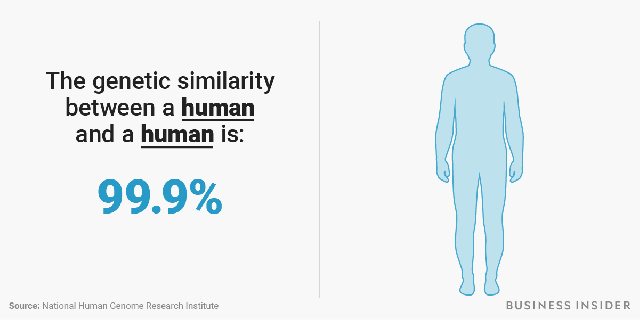
Why do we continue to live this strange, tense, artificial, separated existence which began sometime long ago when we built cities and towns and moved away from the countryside; when we lost that contract with the earth that belonged to our remote agrarian forebears?
With this loss of naturalness, we have also lost health and peace of soul. We live a brittle existence, suffering from day to day, hurting and being hurt, in a universe where none of this is necessary.
Ancient medicine assumed that health was normal. Today, we assume that health is abnormal and sickness is normal. In the psychological literature of today, we find books that advance the idea that man needs to have a bad temper; it is important for him. If he does not get angry occasionally, he is going to be sick says the book. The truth of the matter is that if we are angry often enough, we will be sicker.
This is not the answer, in as much as anger is not good to begin with. Therefore, whatever it produces cannot be ultimately good. Selfishness has never been good, and never will be, although we are being taught today to be successfully selfish.

The simple basic rules governing life now hurt us because we have not learned to understand them. We have not learned to obey them or to accept their meaning.
We build barriers of individuality and personality, of attitudes and purposes and convictions, and then we leave behind these walls, trying to shut ourselves out from an infinite and inevitable reality.
To us Heaven is rest because we are weary; and we are weary because we are constantly making trouble for ourselves and each other. If we stopped doing this, perhaps we would not get tired. Perhaps the universe is just really full of fun. Perhaps it is a wonderful place where no one really wants to rest except those who have beaten each other to a pulp.
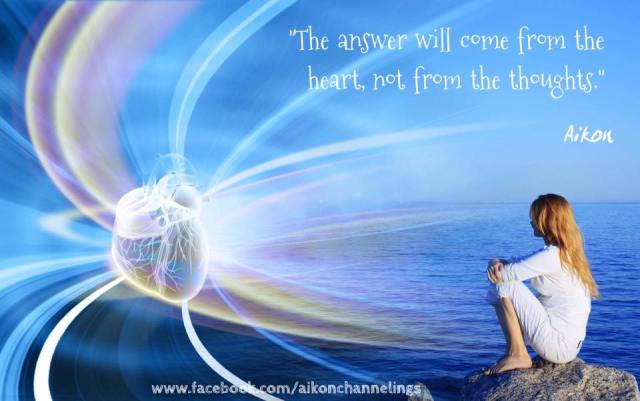
So if we stop doing these things to each other, perhaps we will not want rest anymore. Perhaps it is much more interesting and wonderful to go on and see the landscapes that lie beyond the present mountains. Perhaps when we get to the stars, we can look out upon still greater fields where we shall see universes spread around us. We do not know exactly what may be there, but we have a very profound belief that as we get nearer to the infinite insight, the Infinite being, the infinite purpose, we will come to happiness; we will come to peace of soul and peace of heart and mind.
Live and Learn.
Thanks for stopping by. Please share 
Please don’t forget to leave a comment.
via WordPress https://ift.tt/2vnyh2H


